Law enforcement shows have long been a staple of television, capturing our fascination with crime, justice, and the human stories behind the badge.
They’ve come a long way from the days when cops were always the good guys and the bad guys always paid the price.
Over the decades, these shows have reflected our own shifting views about justice, morality, and what it means to protect and serve — for better or worse.
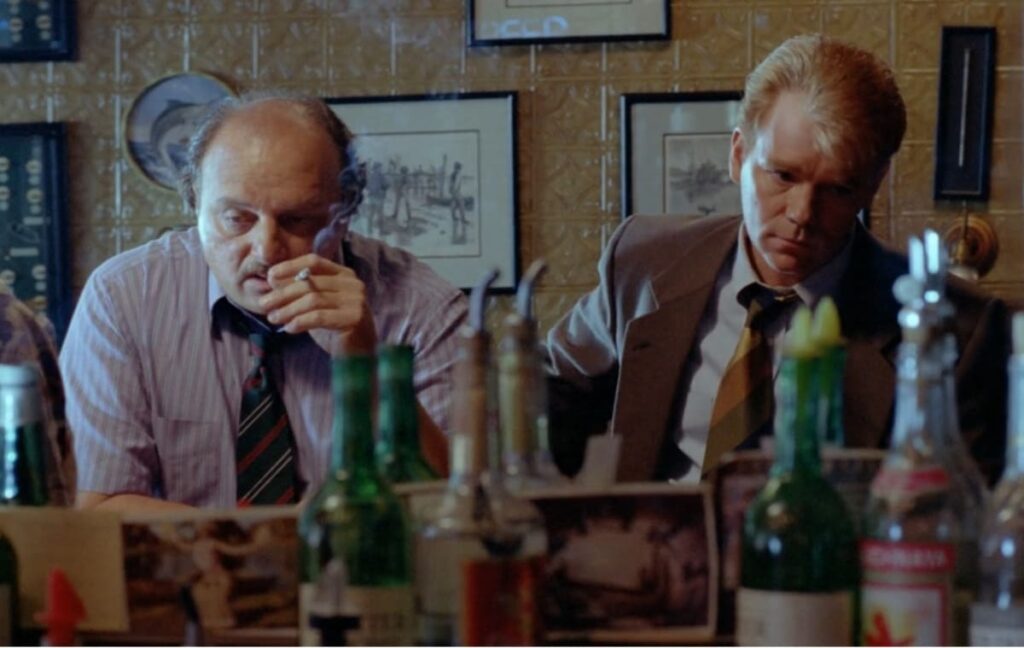
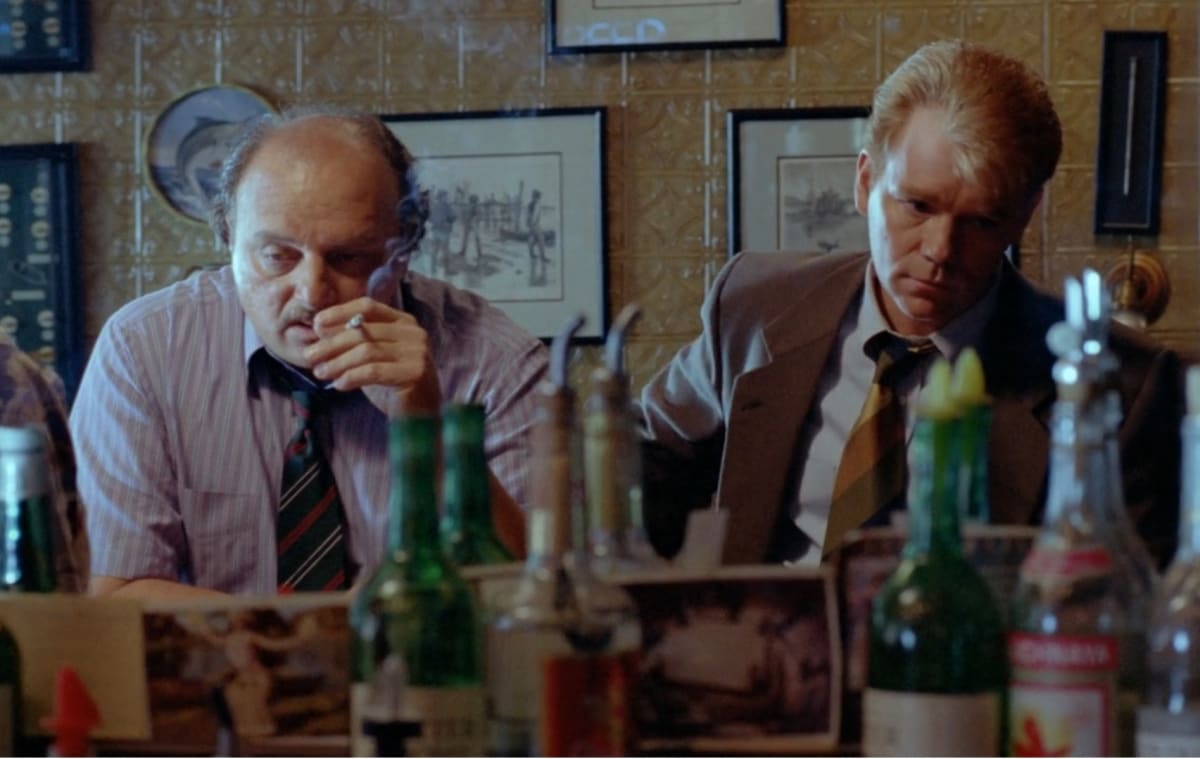
So let’s take a walk down this gritty, sometimes glamorous memory lane together and see how these shows have evolved into the powerful stories we love (and love to argue about) today.
The Early Days of Idealism
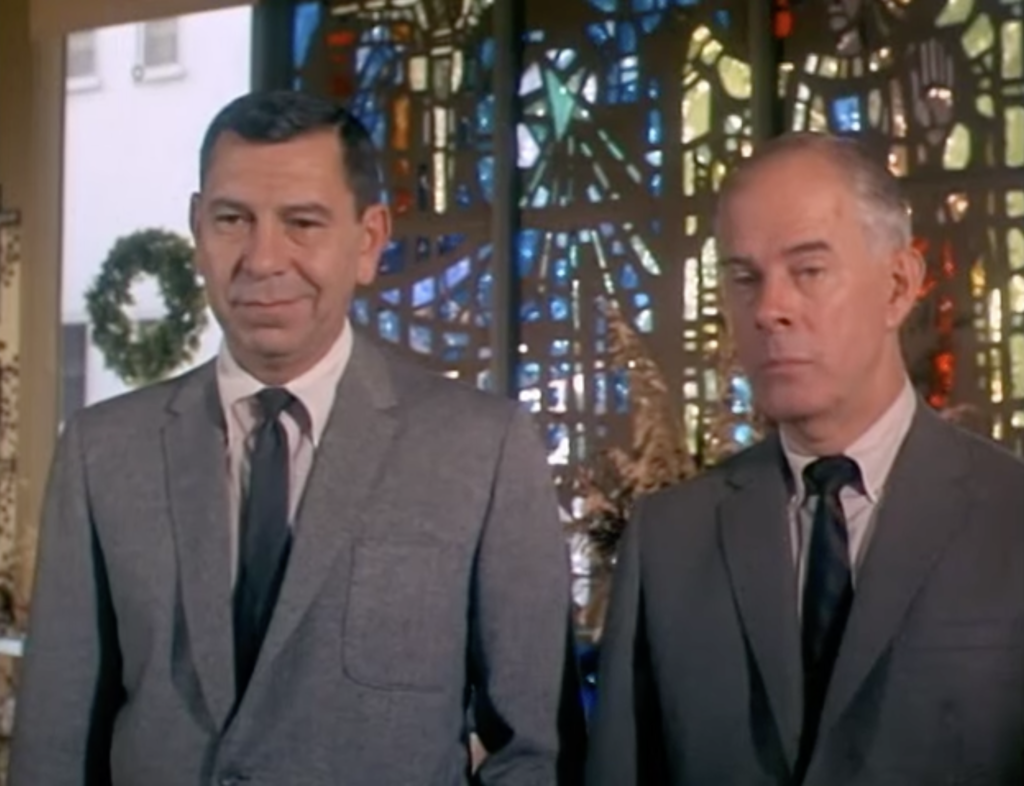
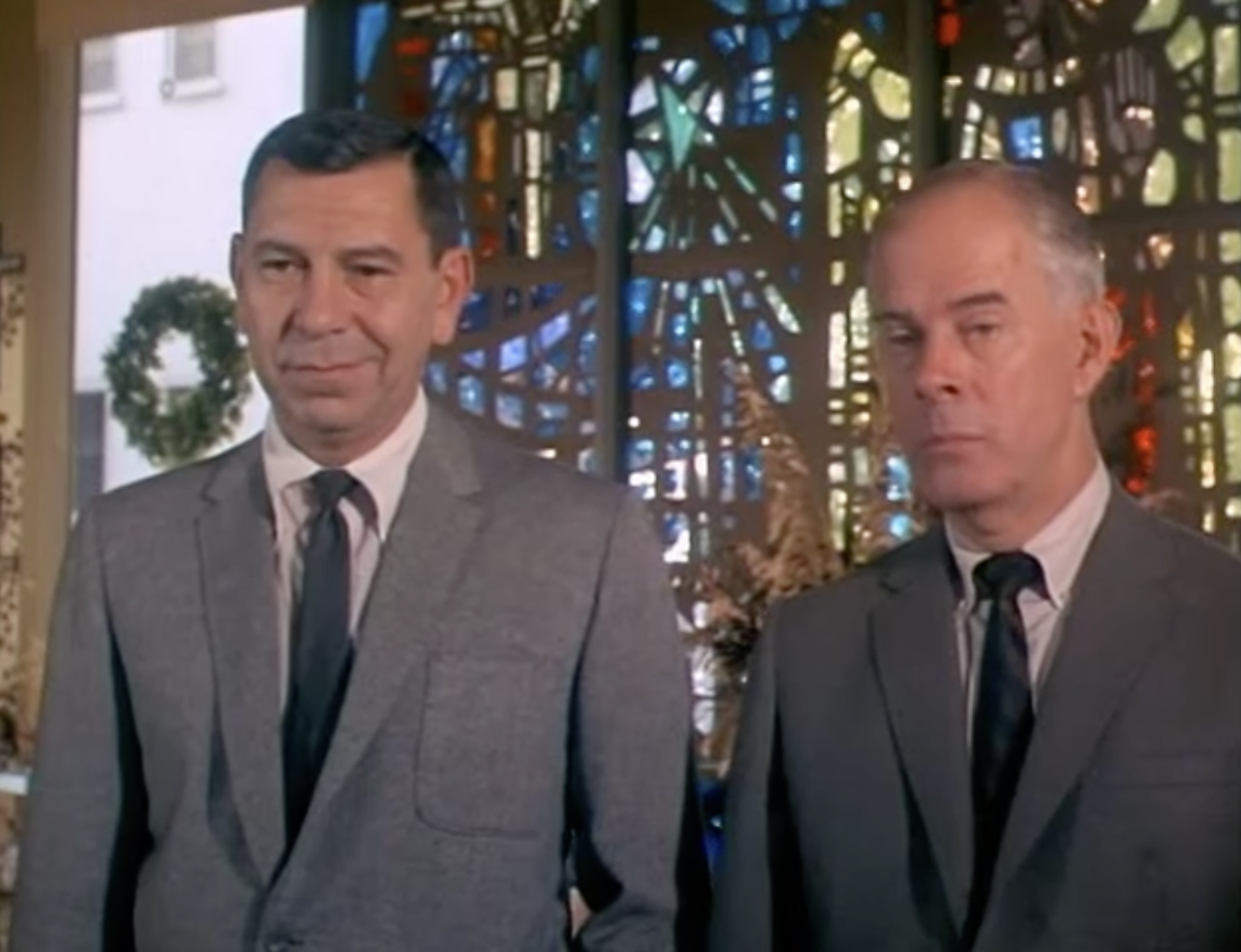
Back in the day, shows like Dragnet and Adam-12 gave us a world where everything was black and white — literally and figuratively.
With procedural storytelling and a laser focus on “just the facts,” these dramas painted officers as the unflinching heroes of their communities. They were stoic, upright, and always on the side of right.
But let’s be honest: these shows were a product of their time. They reflected the post-war era’s societal trust in authority figures and sidestepped any real societal critiques.
Sure, they laid the groundwork for the genre, but they also left out the messier, more human aspects of policing. No one was having an existential crisis over their badge in Dragnet.
That would come later.
Expanding the Narrative in the ’70s and ’80s
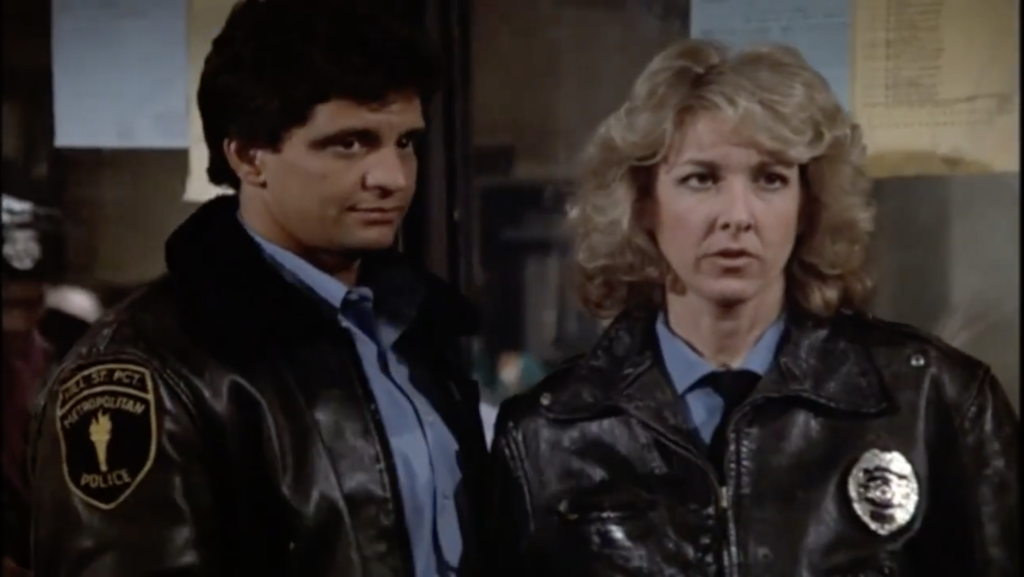
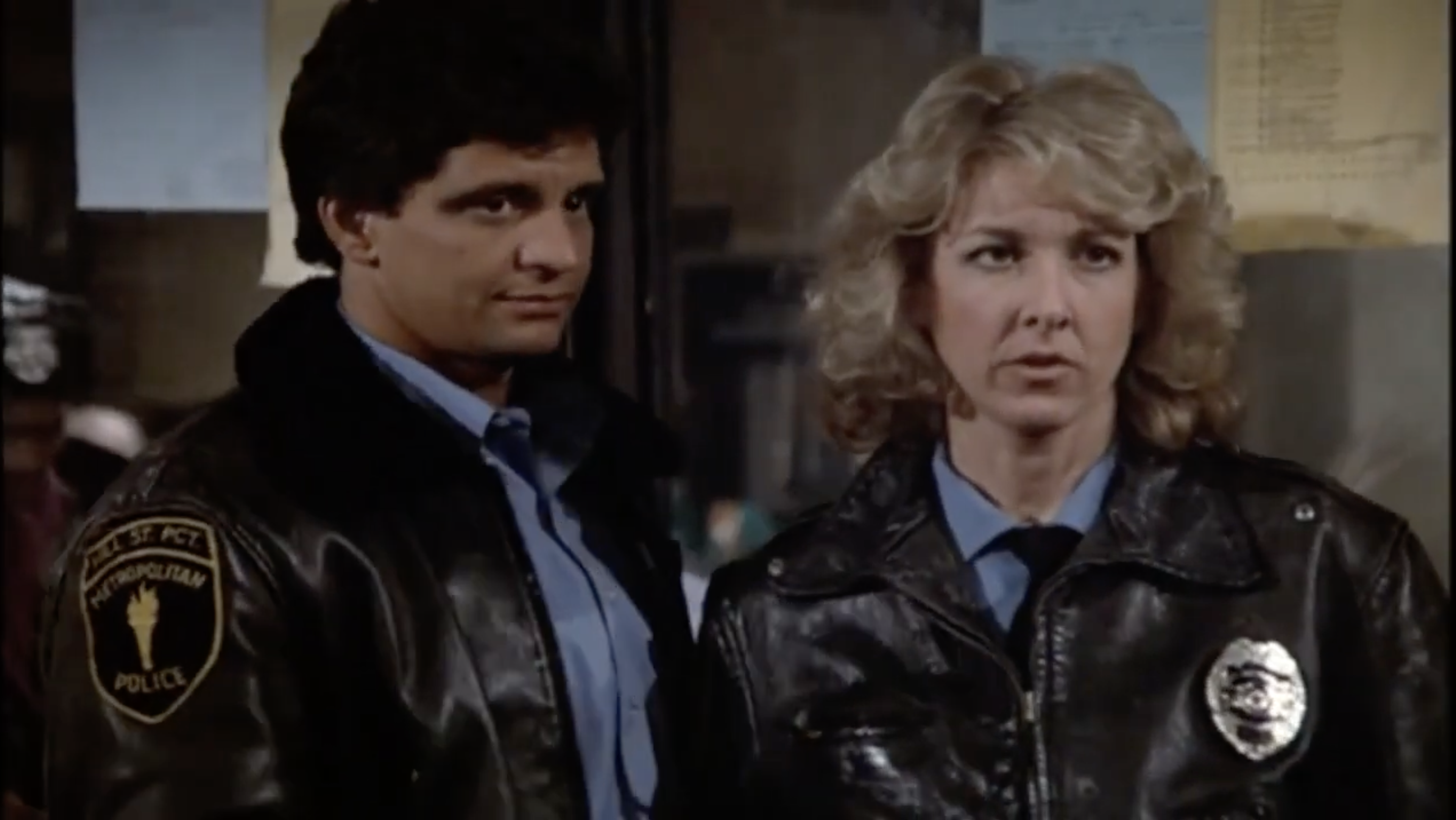
Then came the ’70s and ’80s, and boy, did things get interesting.
Hill Street Blues wasn’t just a game-changer; it was a revelation. For the first time, we saw a precinct as a living, breathing ecosystem full of flawed, complicated people.
These weren’t heroes on pedestals. They were struggling, making mistakes, and trying to navigate a system that wasn’t exactly built to help them succeed.
Let’s face it, some of those storylines are hard to watch now because of the casual bigotry that was baked into the era, but it’s still a masterclass in ensemble storytelling.
On the lighter side, shows like CHiPs and Starsky & Hutch reminded us that policing could be fun (and full of fabulous ’70s fashion).
These shows gave us action-packed car chases and buddy-cop banter, balancing escapism with just enough grit to keep us hooked. If you wanted your cops with a side of charm, these were your go-to.
The Rise of the Anti-Hero in the ’90
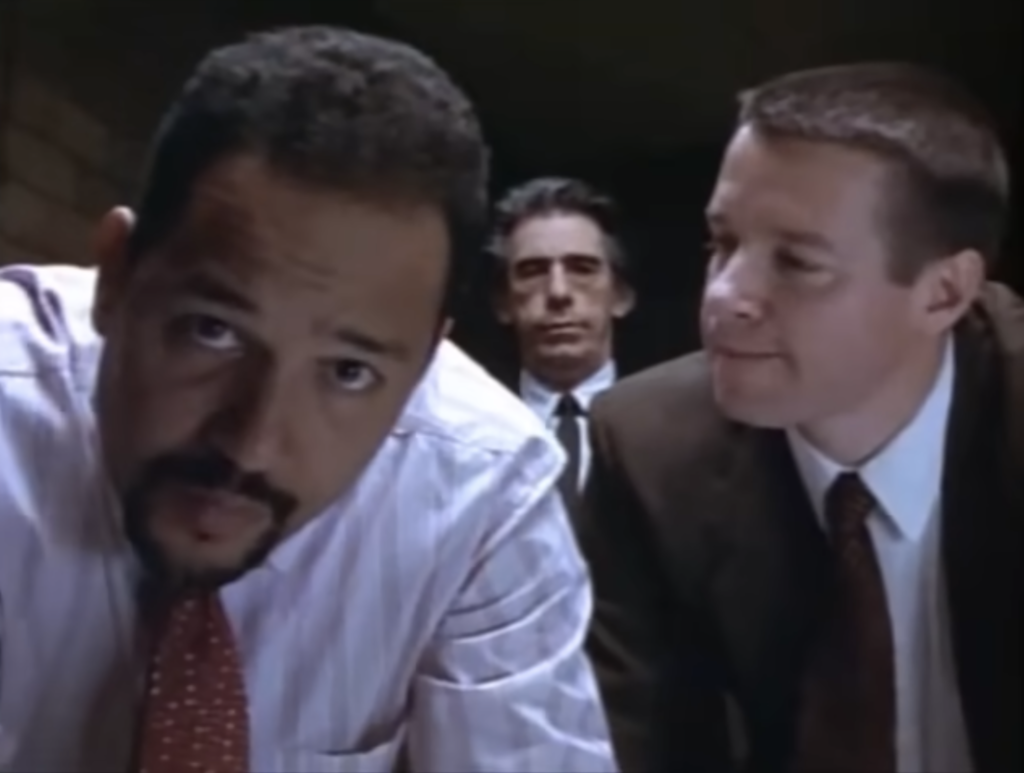
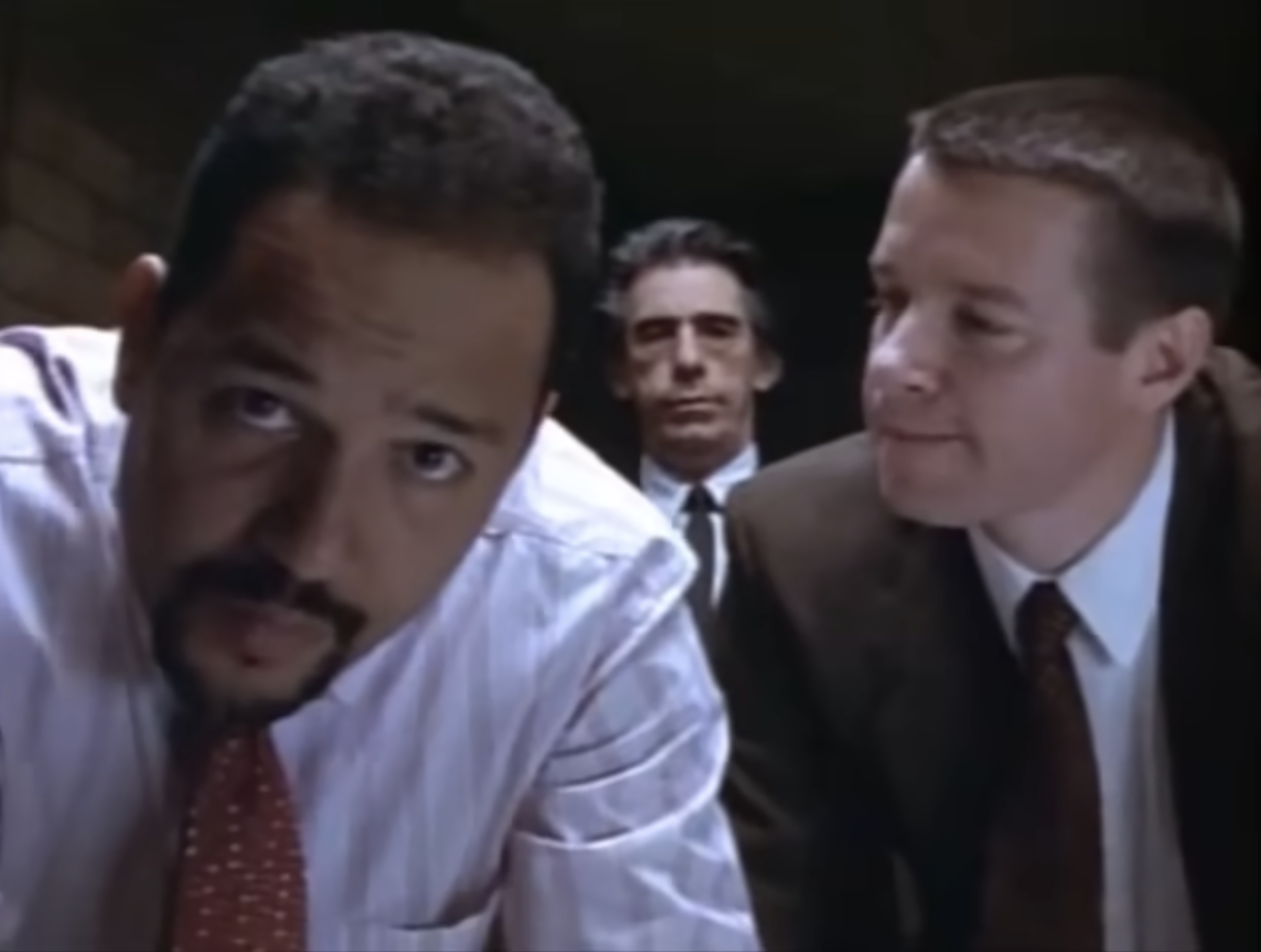
The ’90s brought us a new breed of law enforcement drama — one that wasn’t afraid to get its hands dirty.
Shows like NYPD Blue made waves for their unflinching portrayal of the personal and professional struggles of their officers.
These weren’t just cops; they were deeply flawed humans dealing with addiction, trauma, and corruption. Who could forget Detective Sipowicz, one of the most complex (and controversial)
characters to ever wear the badge?
Meanwhile, Homicide: Life on the Street gave us a gritty, deeply psychological take on police work, focusing on the toll it took on those who lived it every day.
And then there’s Law & Order, the procedural powerhouse that redefined the genre with its “ripped from the headlines” format. It gave us a front-row seat to the criminal justice system, balancing police investigations with courtroom drama and making us all armchair detectives in the process.
Post-9/11 and the War on Terror
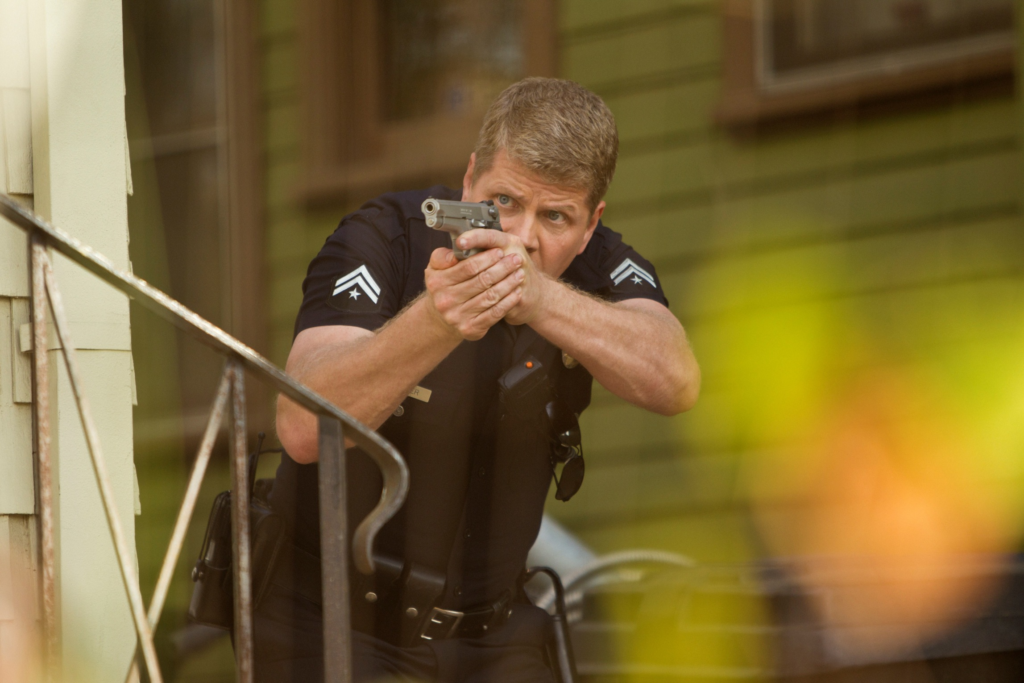
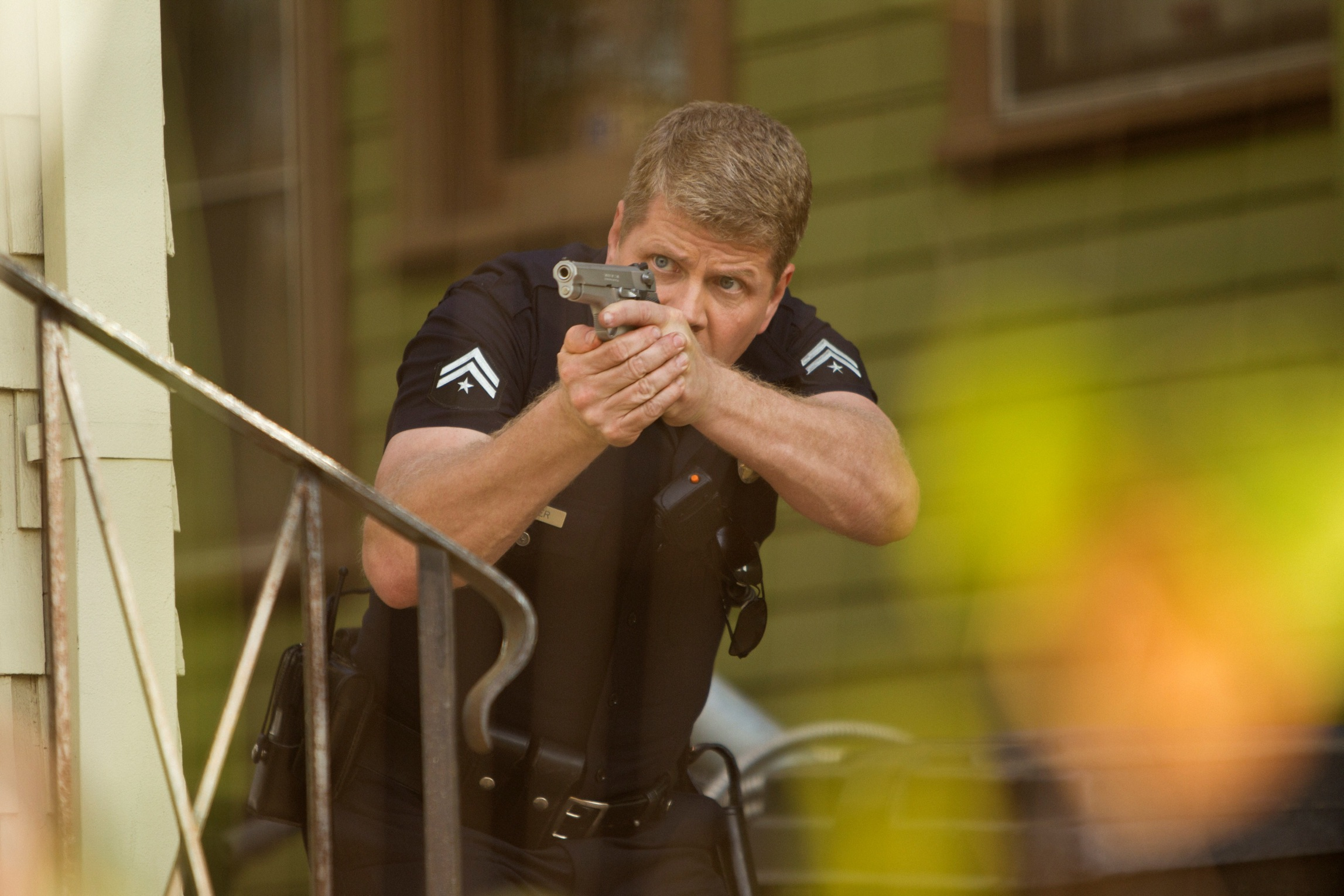
The world changed after 9/11, and so did our law enforcement dramas.
Enter The Shield, a show that shattered the mold with its portrayal of rogue officers who bent (or outright broke) the rules in pursuit of justice. Vic Mackey wasn’t just an anti-hero; he was a walking moral dilemma. Love him or hate him, you couldn’t look away.
Southland took a different approach, bringing hyper-realism to the genre. Its raw, unfiltered look at street-level policing was both heartbreaking and eye-opening.
The emotional and ethical complexities faced by its characters felt deeply real, forcing us to confront the human cost of keeping the peace.
These shows didn’t just entertain us; they challenged us to think about what we expect from those who wear the badge.
Women in Law Enforcement
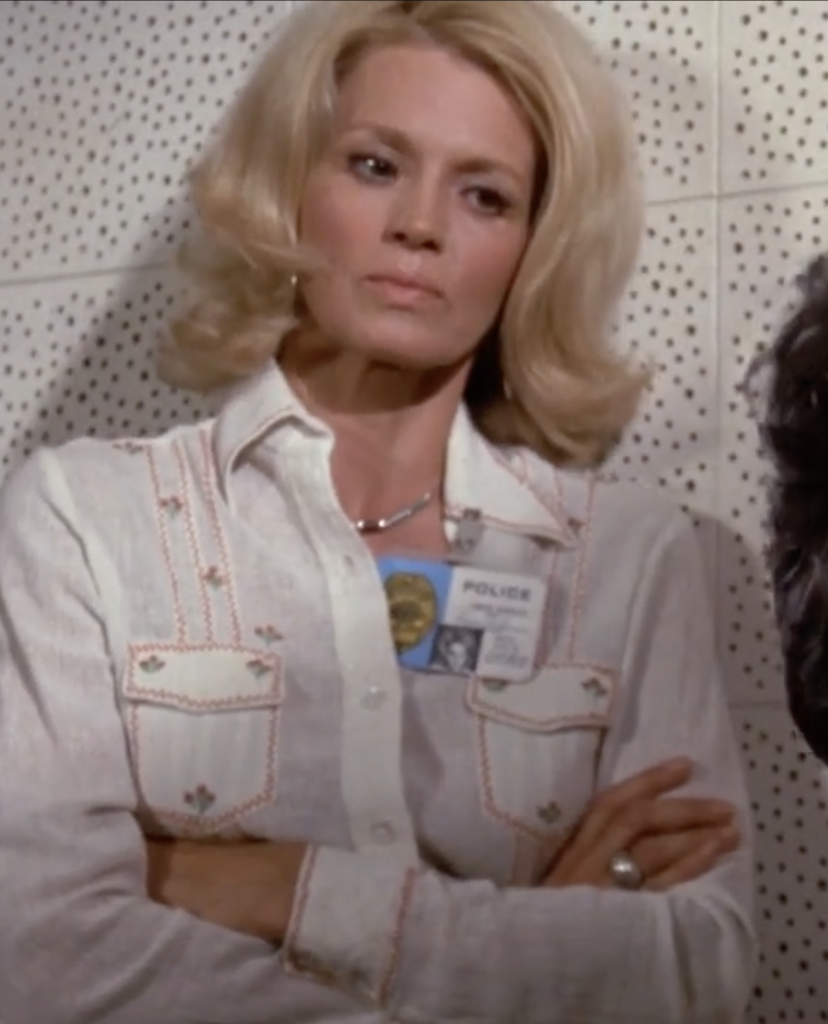
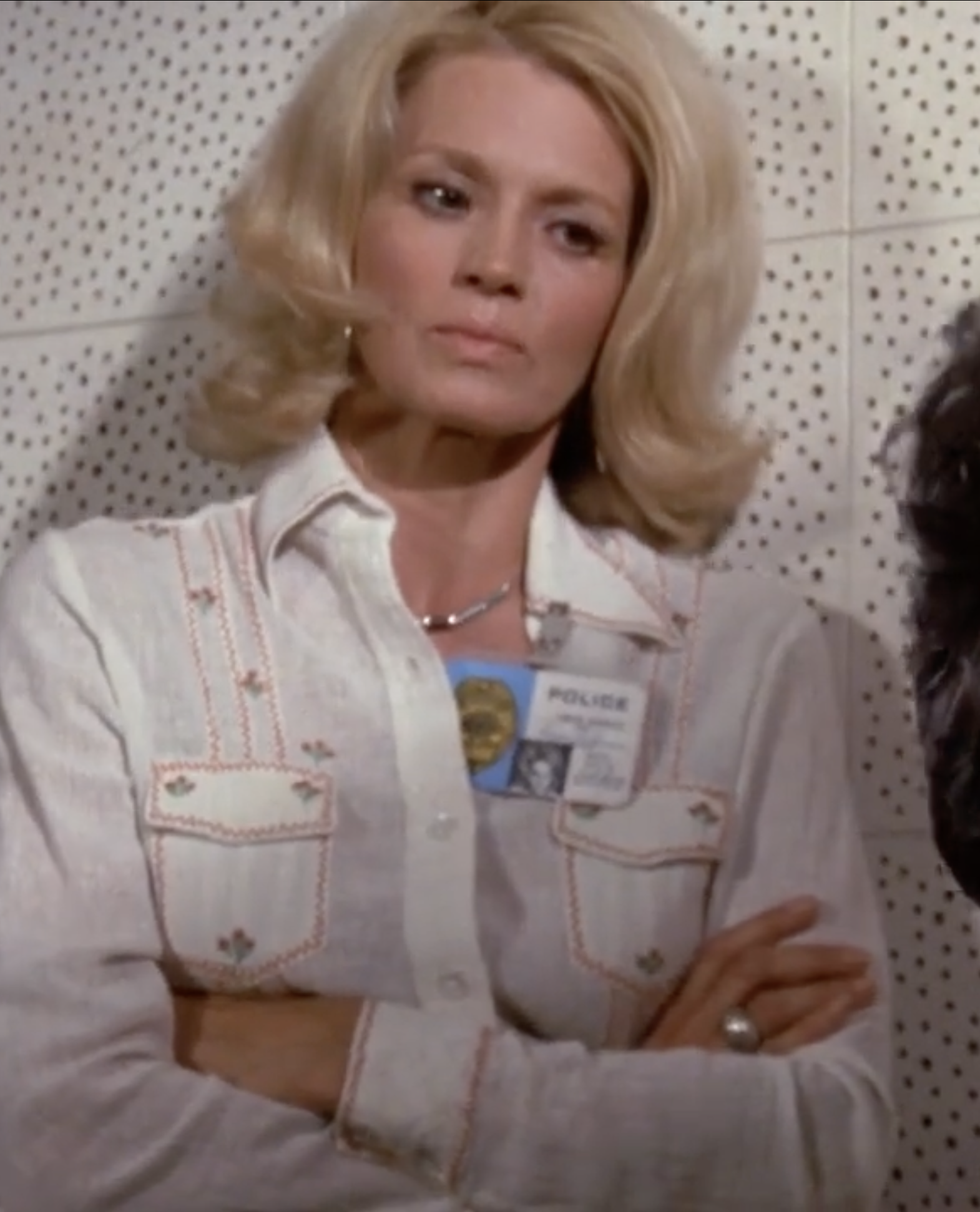
For decades, women in law enforcement dramas have brought a unique perspective to the genre, often highlighting the challenges of breaking barriers and balancing personal lives with demanding careers.
Police Woman, starring Angie Dickinson, broke ground in the 1970s as one of the first series to focus on a female officer.
Dickinson’s Sgt. Suzanne “Pepper” Anderson was tough, capable, and unafraid to challenge stereotypes, paving the way for more nuanced portrayals.
In the 1980s, Cagney & Lacey took it further, diving into the personal and professional lives of two female detectives.
Mary Beth Lacey and Christine Cagney weren’t just partners; they were trailblazers, confronting sexism on the job while grappling with their own struggles.
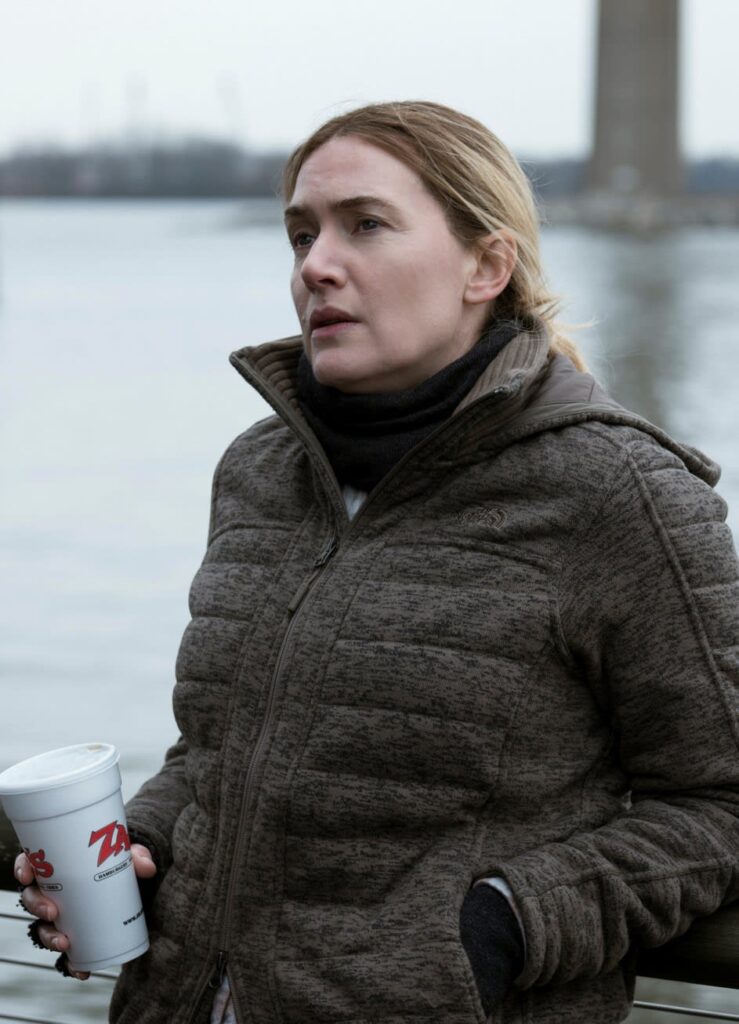
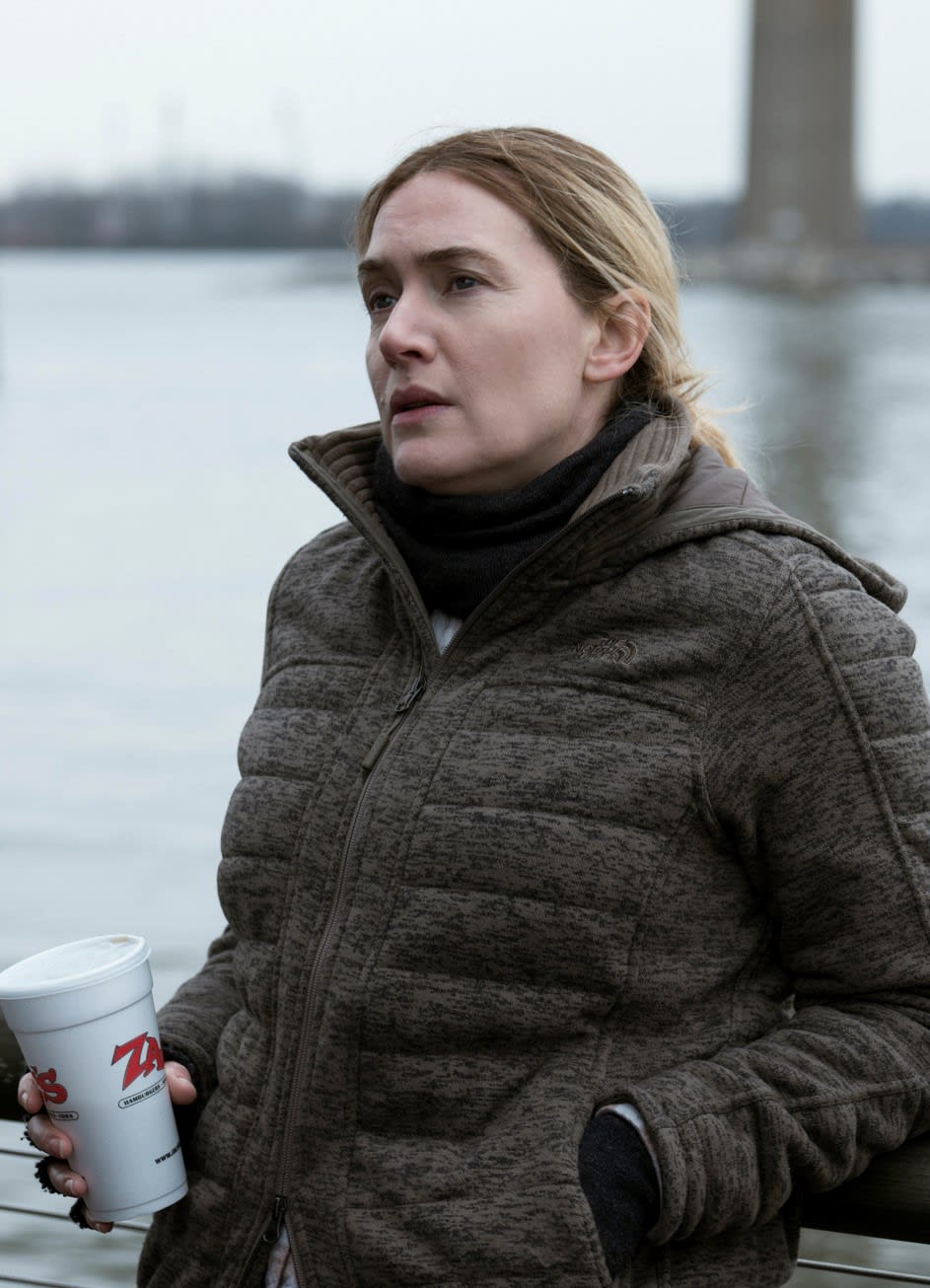
The show wasn’t just entertainment — it was a cultural moment that resonated with women everywhere.
Fast forward to Mare of Easttown, and we see how far the genre has come. Mare Sheehan, played masterfully by Kate Winslet, is a deeply flawed, deeply human detective navigating small-town secrets and personal grief.
Her story captures the grit and vulnerability that women bring to law enforcement dramas, reminding us that strength comes in many forms.
The Modern Era of Complexities
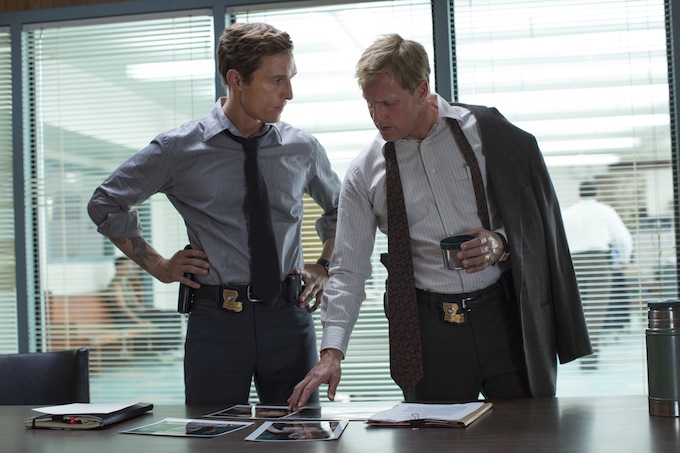

And now, we arrive at the modern era, where law enforcement dramas are pushing the boundaries like never before.
The Wire isn’t just a show; it’s a masterwork of storytelling that examines how systems — not just individuals — shape the outcomes of justice.
If you’ve watched it (and if you haven’t, what are you waiting for?), you know it’s less about cops and robbers and more about the deeply interconnected forces that govern our lives.
On the flip side, True Detective dives into the philosophical and psychological, exploring trauma, morality, and the weight of unsolved cases.
And then there’s Brooklyn Nine-Nine, which flips the script by blending humor, inclusivity, and social awareness. Who says a cop show can’t make you laugh while also making you think?
Conclusion: A Mirror to Society
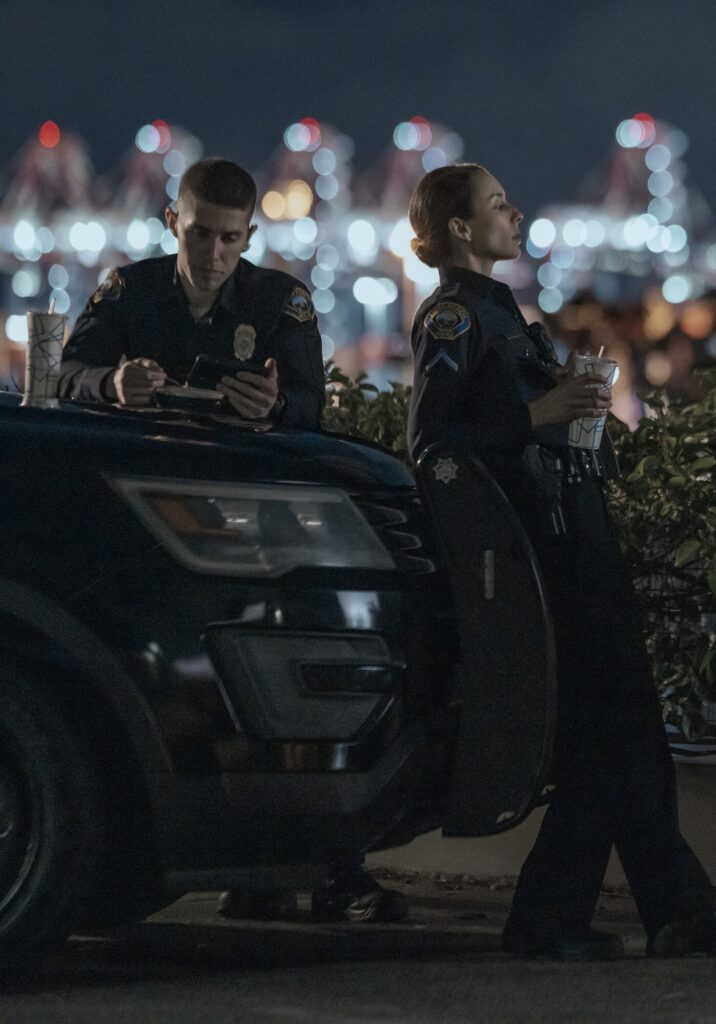
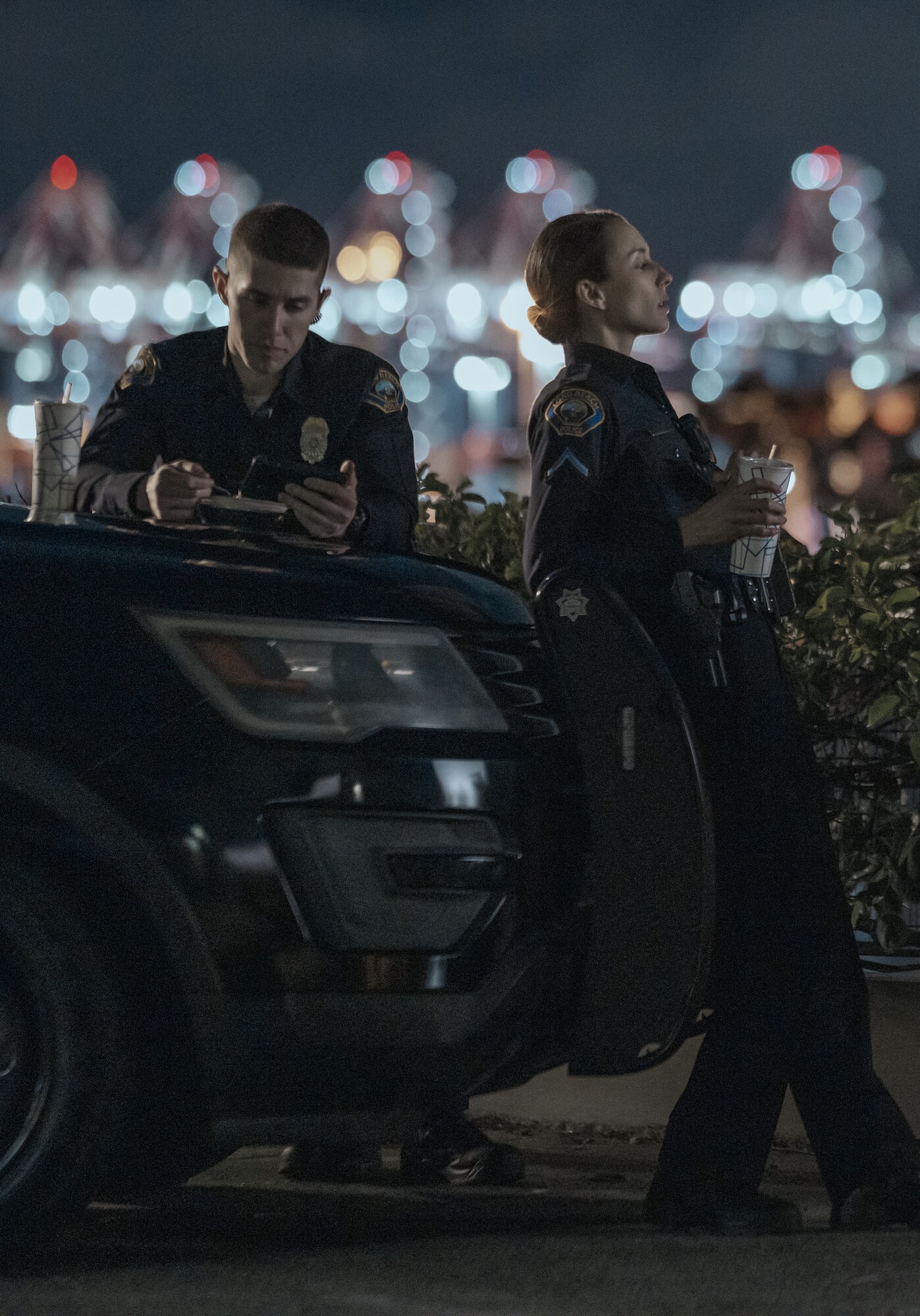
So where does that leave us?
Modern series, from The Rookie to Prime Video’s new series On Call, feature characters who continue blazing the trail as the shows pave the way for how we view law enforcement on television today.
Law enforcement shows have come a long way, evolving from idealized heroes to deeply complex figures who reflect the best and worst of humanity. These shows challenge us, provoke us, and, yes, sometimes even make us uncomfortable. But isn’t that the point?
What do you think? Did we miss your favorite show? Do you see yourself in any of these stories, or do they spark something entirely different for you?
Let us know in the comments because if there’s one thing these shows teach us, it’s that every perspective matters.
